Like other variables, i want to assign final field type variable to blank but initialization is blocking by Java. What is the its logic? Maybe i want to use default values of my variables? for int = 0, string = null boolean = false etc...
public class Hello {
static final int myNumber; /* it is giving "The blank final field myNumber
may not have been initialized" error in Eclipse */
}

